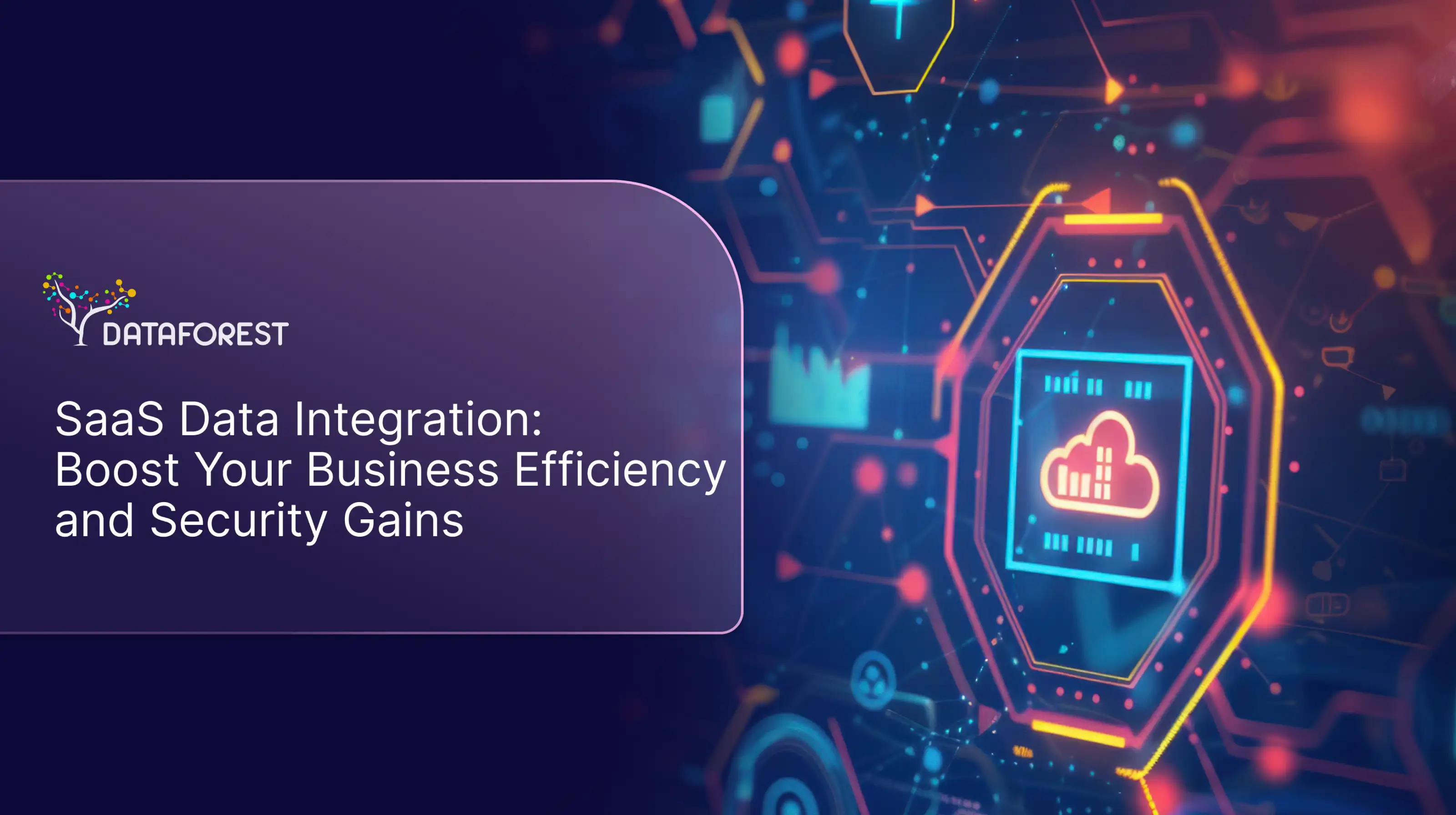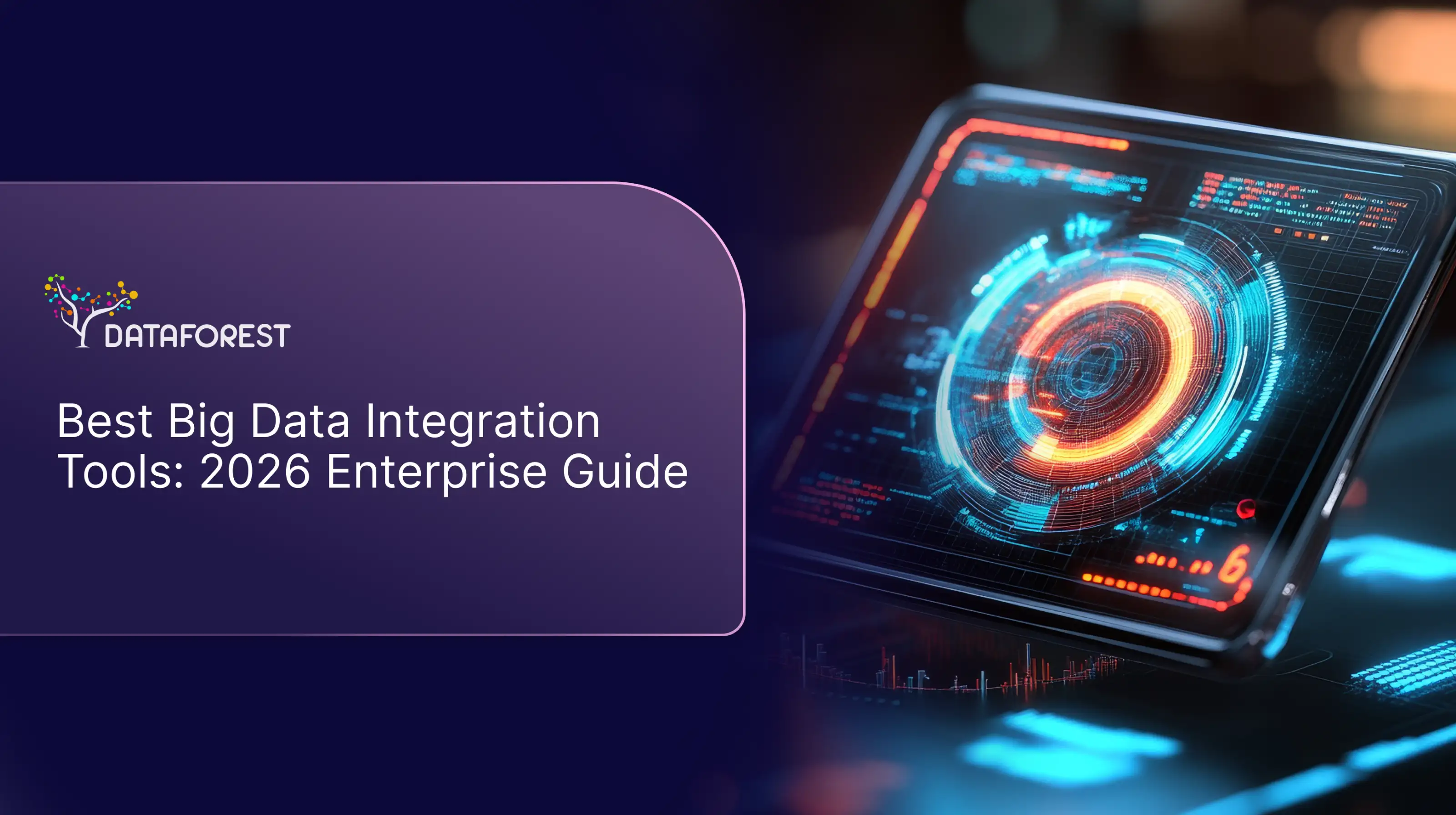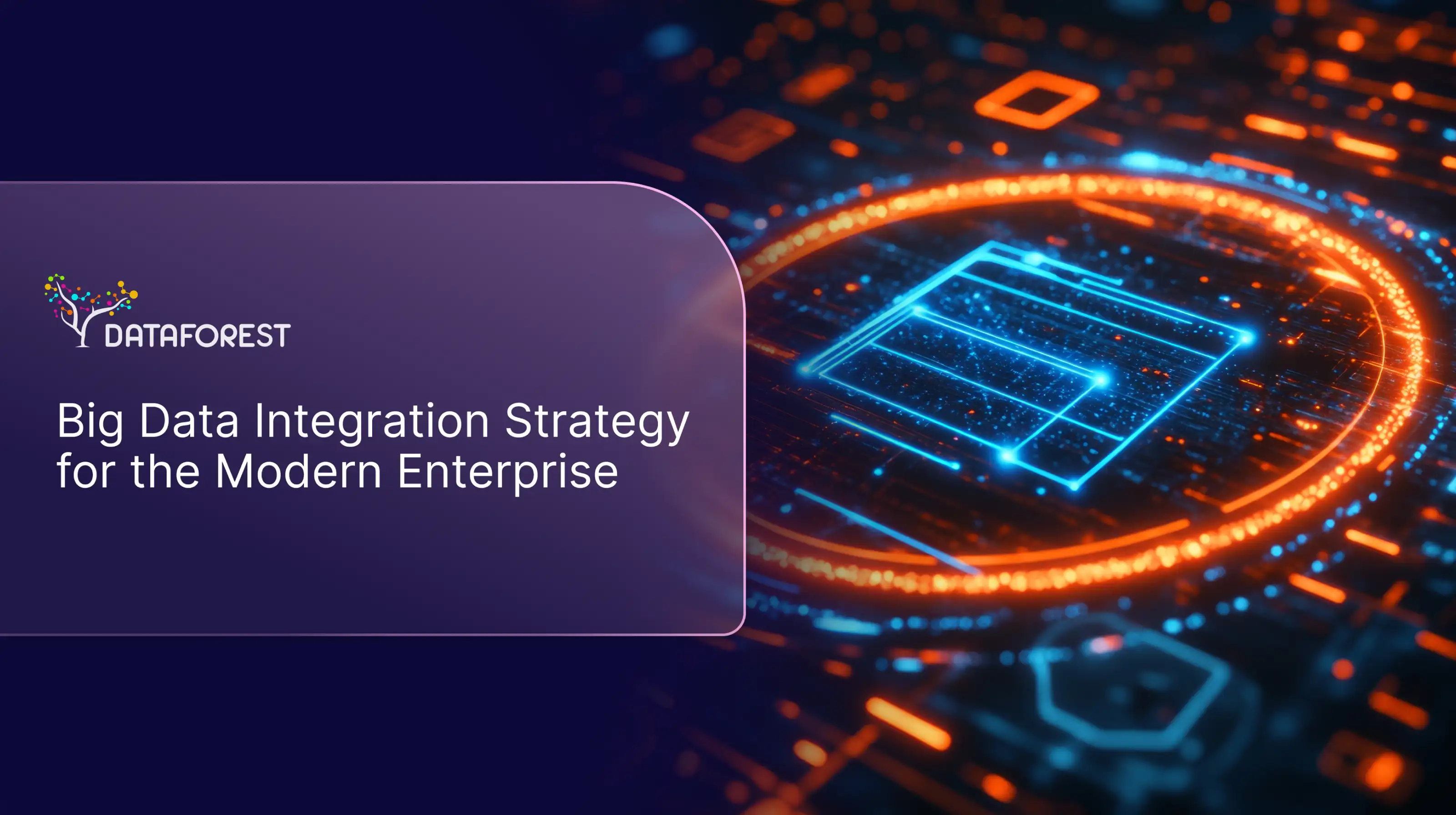Share
Table of contents:
GDPR compliance refers to the adherence to the General Data Protection Regulation (GDPR), a regulatory framework established by the European Union to standardize data privacy laws across Europe and provide EU citizens with greater control over their personal data. Enforced since May 25, 2018, GDPR has become a global benchmark for data privacy and requires organizations that handle the personal data of EU residents to adopt specific practices for data processing, protection, and transparency, regardless of where the organization is based.
Core Principles of GDPR
The GDPR is structured around seven key principles that govern the processing and handling of personal data:
- Lawfulness, Fairness, and Transparency:
Organizations must ensure that data is processed lawfully, fairly, and transparently. This means informing data subjects (individuals) about how their data will be used and ensuring that all data collection and processing have a valid legal basis. Consent, contractual necessity, legal obligation, vital interests, public task, and legitimate interests are recognized lawful bases for processing under GDPR.
- Purpose Limitation:
Data must be collected for specified, explicit, and legitimate purposes and not further processed in a manner incompatible with those purposes. This limits organizations to only using the data for its intended purpose, as disclosed to the data subject.
- Data Minimization:
Only data necessary for the specified purposes should be collected and processed. This minimizes the amount of data collected and reduces the potential for misuse or data breaches.
- Accuracy:
Personal data must be kept accurate and up to date. Organizations are responsible for correcting inaccurate data and maintaining data quality over time.
- Storage Limitation:
Personal data must not be kept in an identifiable form longer than necessary. GDPR promotes data retention policies that delete or anonymize personal data when it is no longer needed for the stated purpose.
- Integrity and Confidentiality (Security):
Organizations are required to implement appropriate security measures to protect personal data from unauthorized access, processing, loss, or damage. This includes encryption, pseudonymization, and other measures that enhance data security.
- Accountability:
Organizations must take responsibility for complying with GDPR principles and be able to demonstrate their compliance. This involves maintaining records of data processing activities, conducting regular audits, and ensuring appropriate organizational and technical measures are in place.
Key Rights under GDPR
GDPR grants specific rights to individuals regarding their personal data:
- Right of Access: Individuals can request access to their personal data and obtain information on how it is processed.
- Right to Rectification: Individuals have the right to have inaccurate or incomplete data corrected.- Right to Erasure: Also known as the “right to be forgotten,” individuals can request deletion of their personal data under certain conditions, such as when data is no longer needed.
- Right to Restrict Processing: Individuals can request that their data be limited in how it is processed.
- Right to Data Portability: This allows individuals to request their personal data in a machine-readable format for transfer to another controller.
- Right to Object: Individuals have the right to object to data processing based on legitimate interests or for direct marketing purposes.
- Automated Decision-Making and Profiling: GDPR restricts decisions made solely by automated processing that significantly affect individuals, including profiling, unless specific conditions are met.
GDPR Compliance Measures
To comply with GDPR, organizations adopt a combination of technical and organizational measures:
- Data Protection Impact Assessments (DPIAs):
DPIAs evaluate the impact of data processing activities on data privacy and help identify measures to mitigate any risks to data subjects.
- Data Processing Agreements (DPAs):
DPAs are legal agreements between data controllers and data processors that outline the responsibilities and obligations under GDPR for data protection.
- Records of Processing Activities (RoPA):
Organizations must maintain records of all data processing activities, which include details of data types, purposes, retention periods, and recipients.
- Data Protection Officer (DPO):
Organizations whose core activities involve large-scale processing of sensitive data or systematic monitoring of individuals are required to appoint a Data Protection Officer (DPO), who oversees GDPR compliance efforts.
- Incident Response and Data Breach Notification:
GDPR mandates that data breaches be reported to the supervisory authority within 72 hours of discovery if they pose a risk to data subjects’ rights. Additionally, organizations must notify individuals directly if the breach presents a high risk to their rights and freedoms.
Penalties for Non-Compliance
Non-compliance with GDPR can lead to severe financial penalties, with fines up to €20 million or 4% of the organization’s annual global turnover, whichever is higher. GDPR enforcement is conducted by data protection authorities in EU member states, who assess compliance and levy fines based on the severity, nature, and duration of the infringement.
Mathematical Representation of GDPR Penalties
Under GDPR, fines are calculated based on severity. For example:
Fine = min(€20 million, 0.04 * Annual Global Turnover)
In summary, GDPR compliance is essential for organizations processing the personal data of EU residents, aiming to uphold data privacy, security, and transparency. This regulatory framework has influenced data privacy laws globally, establishing a standard for data protection and privacy.












